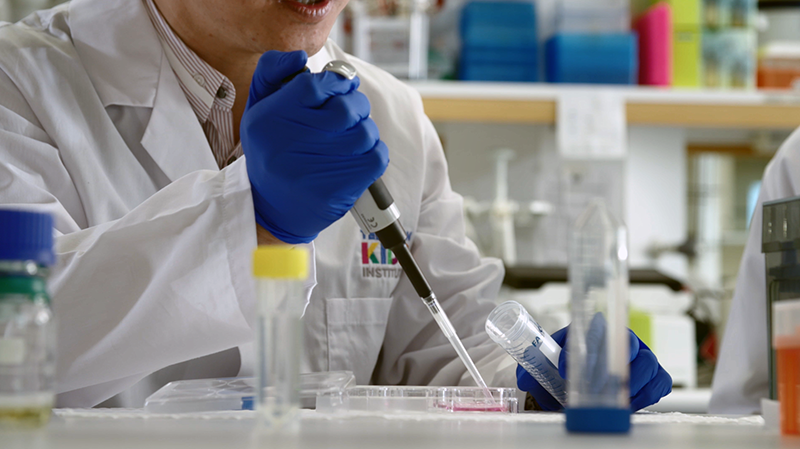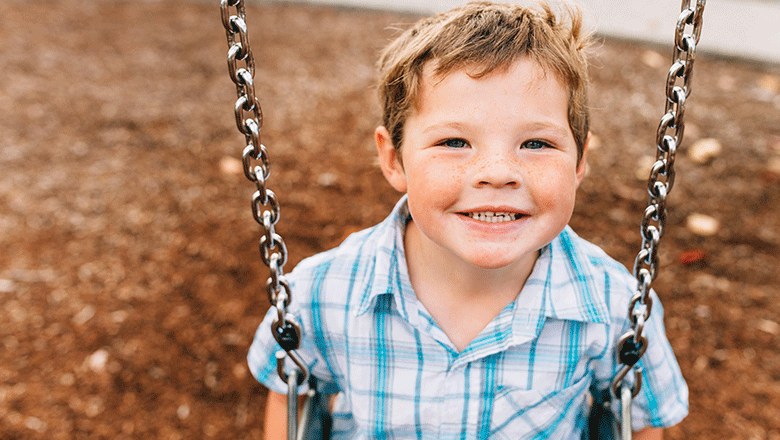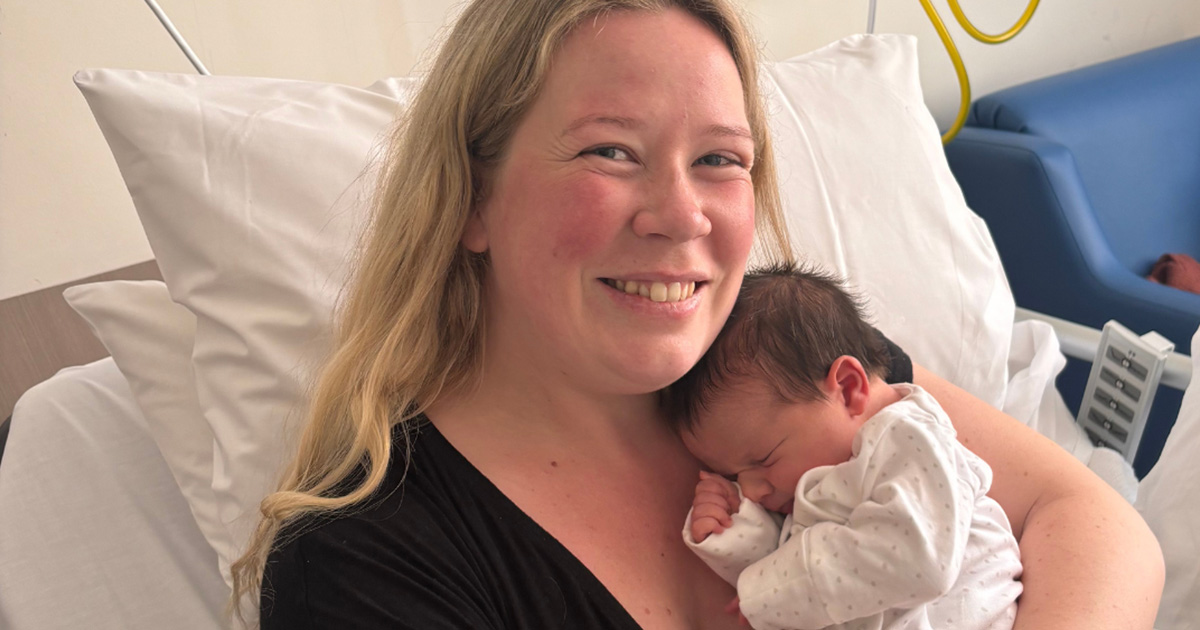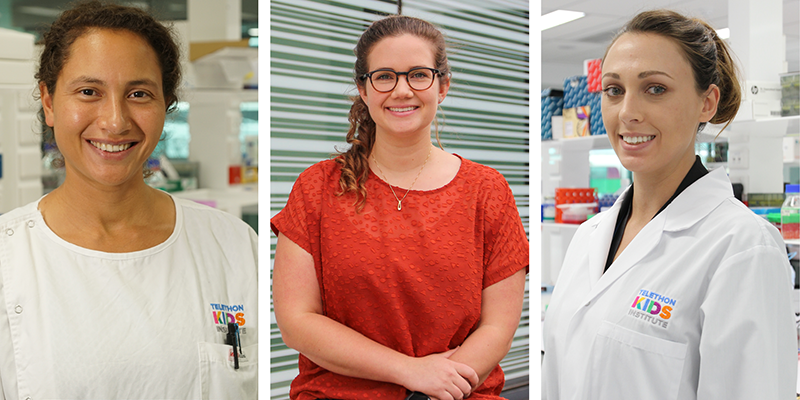Search

News & Events
Urgent action needed to tackle health impacts of climate changeThe Kids Research Institute Australia supports calls from the Intergovernmental Panel on Climate Change (IPCC) for transformational action if we are to secure a liveable future.

News & Events
Let the children speak: report calls for kids’ voices to be included in government policyA new The Kids Research Institute Australia-led report into the impact of state and national policy on children’s health has called for kids and families to have more say when it comes

News & Events
PhD scholarship paves the way for Australia-first healthy skin projectA The Kids Research Institute Australia PhD student has been awarded Western Australia’s only 2022 postgraduate scholarship by the National Health and Medical Research Council

News & Events
NHMRC funding boost to child health researchThe Kids researchers will use nearly $8.5 million awarded by the National Health and Medical Research Council (NHMRC) to tackle health issues including respiratory disease, brain cancer, vaccination and Aboriginal health.

News & Events
New research partnership to ensure no child gets left behindResearchers will track the progress of 12,000 children from birth to age five to identify what services are valuable to families to support the health and wellb

News & Events
The Kids researchers awarded Raine Medical Research Foundation fundingCongratulations to three The Kids Research Institute Australia researchers, who have been awarded funding from the Raine Medical Research Foundation.

News & Events
New national role for The Kids’ Executive DirectorThe Australian Government has appointed the National Health and Medical Research Council (NHMRC) Council for 2024 to 2027.

News & Events
ORIGINS celebrates it’s 10,000th baby, reaching key recruitment milestoneAustralia’s biggest longitudinal study following the health and wellbeing of children from their conception through to childhood, has welcomed its 10,000th and final participant.

News & Events
New centre to focus on breaking the cycle of disadvantageThe ARC Centre of Excellence will conduct world-leading research to investigate new ways of tackling entrenched social and economic disadvantage.

News & Events
Raine Foundation grants to support key child health researchThree outstanding young researchers from The Kids Research Institute Australia have been named Raine Fellows and received valuable Raine Priming Grants to support their child health research.
